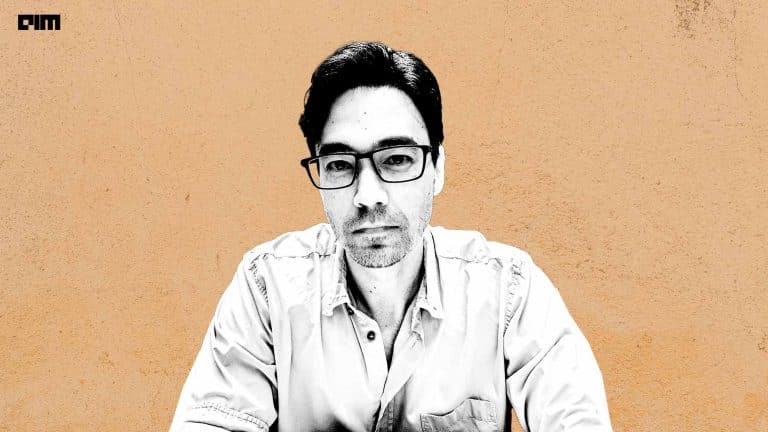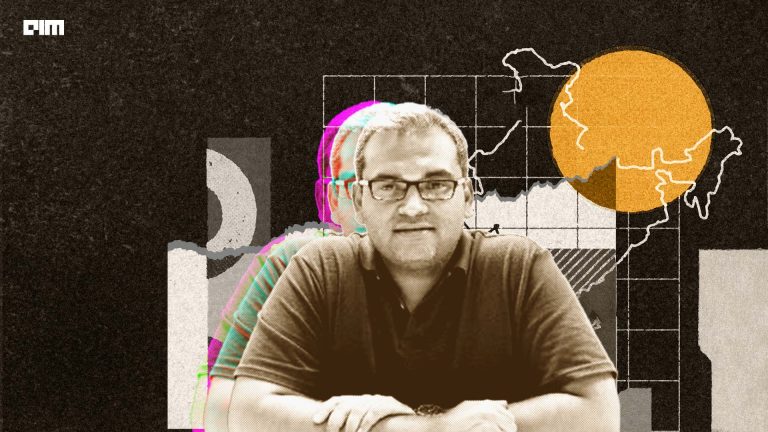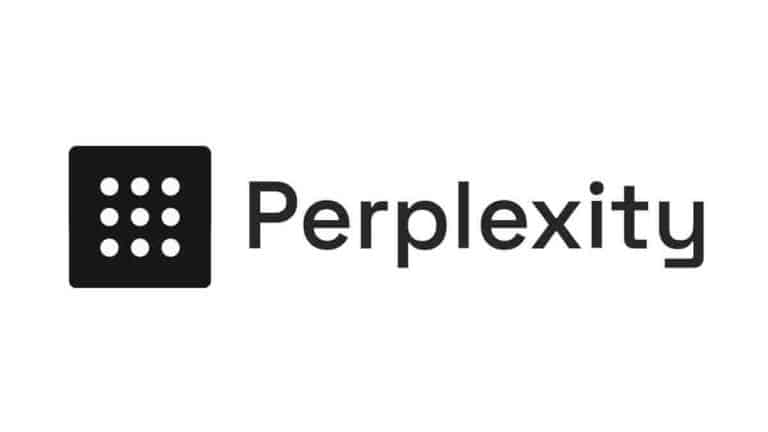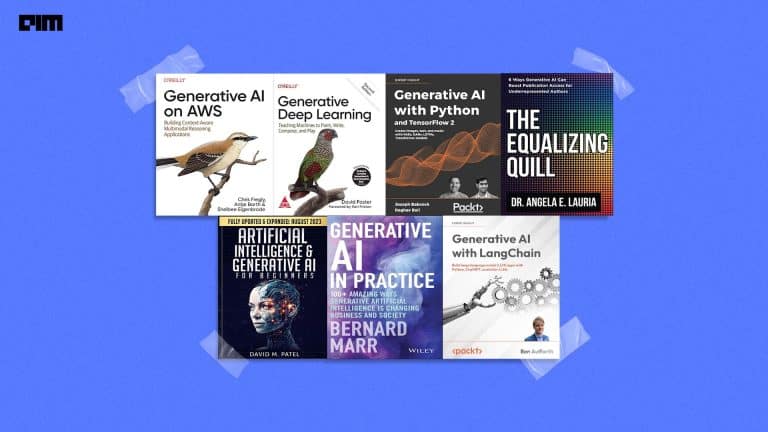Looks like 2019 will be a different ball game altogether as AI will make deeper inroads into shaping the modern physician’s toolkit. According to a report by Tractica, the healthcare AI market is projected to reach $34 billion globally by 2025. In this article, we list down how AI will overhaul the healthcare landscape.
6 Areas Where AI Will Impact The Most In 2019
1 | AI will play a crucial role in diagnosing
- It will be used to help physicians identify the severity of what is wrong with the patient and provide insights into why they are experiencing symptoms which will help doctors decide on the most effective treatment for the patient.
- Coronary heart disease and cancer are two good examples where the influence of AI is seen heavily.
2 | AI-enabled models will also be used in conjunction with powerful computer algorithms
- This will solve complex equations of blood flow and assess the impact of blockages, aiding physicians in determining, vessel by vessel, if enough blood is reaching the heart.
- Also, the level of detail provided will help ensure that physicians understand the extent of disease and develop the best pathway for care.
3 | AI-trained detection algorithms will help physician’s mark-up tumour boundaries on imaging scans for cancer patients.
- AI tools will map out the organ on each image and create a 3D model, which can then be assessed by a physician to accurately detect tumours.
- This practice will help physicians become more efficient and speed up the reliability of cancer diagnoses and enable more targeted treatment decisions.
4 | To monitor chronic health conditions
- Once the patients leave the direct care, AI-based monitoring tools and apps come into play which is built into gadgets or smartwatches to monitor their health, thereby providing the ability for consumers to securely share health information with their physicians.
- The new Apple Watch which has the capability to record electrocardiograms (ECGs) and use AI to detect common heart arrhythmias is a good example of how AI is making inroads.
- Newer applications will be made to collect medical data from consumers which will turn as insights to be used by physicians
- This data will help physicians keep up-to-date on their patients’ health and fill in the gaps between appointments.
5 | AI will also enhance the physician’s workflow by increasing their efficiency and confidence in their patient care decisions.
6 | AI technology companies will also develop tools that can be approved by appropriate regulatory pathways by understanding holistically the medical problems.
Outlook
AI has the potential to transform the way physicians deliver high-quality, cost-effective, diagnostic and treatment services. However, what’s required is more education and resources directed towards AI that focuses primarily at all three levels be it the patient, provider or the payer. Moreover, necessary infrastructure must be in place to maximise the day-to-day impact on AI-based patient care decisions that need to be made.
As more and more physicians are open to investigating and adopting technologies that are utilising artificial intelligence in their own practice and the hospitals they work for, the partnership between AI and humans in the healthcare industry will become more mainstream in 2019.



















































































